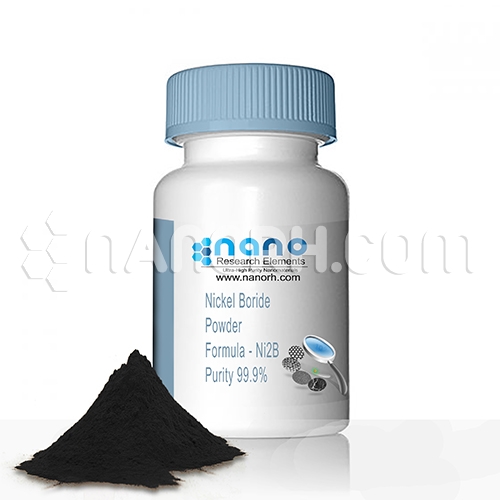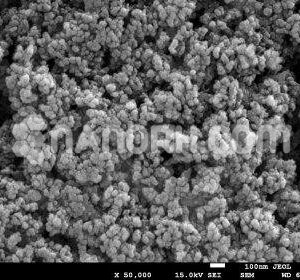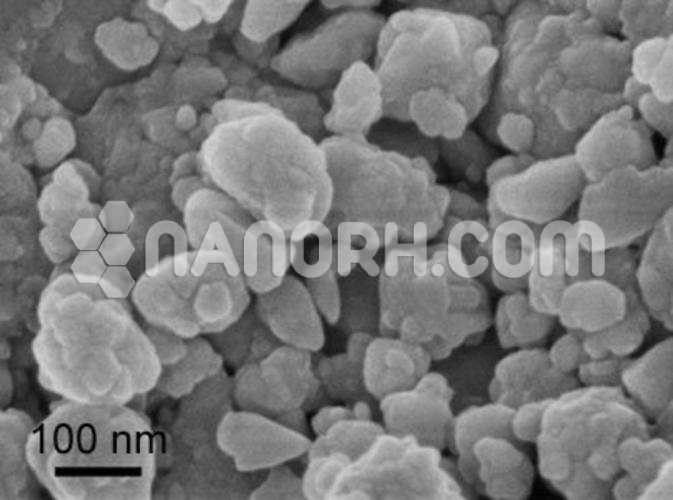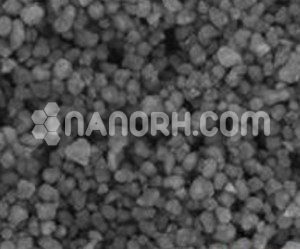| Nickel Boride Powder | |
| Product No | NRE-11190 |
| CAS No. | 12007-01-1 |
| Formula | Ni2B |
| Density | 7.9 g/cm3 |
| APS | <40µm (Can be Customized) |
| Purity | 99.9% |
| Form | Powder |
| Molecular Weight | 128.1978 g/mol |
| Certificate Of Analysis | |
| Ni | 91.5% |
| B | 8.4% |
| Al | 0.02% |
| Ti | 0.03% |
| O | 0.02% |
| Sn | 0.01% |
| C | 0.01% |
Nickel Boride Powder
Nickel boride (Ni2B) is a compound of nickel and boron. It is known for its hardness, high melting point, and resistance to oxidation, making it useful in a variety of applications. Here are some common applications of nickel boride powder:
Catalysts: Nickel boride powder is often used as a catalyst in various chemical reactions, such as hydrogenation and dehydrogenation processes in the petrochemical industry.
Coatings: Due to their high hardness and resistance to oxidation, nickel boride can be used as a coating material for surfaces that require protection from corrosion and wear. It is commonly used in the aerospace and automotive industries for this purpose.
Electronics: Nickel boride is used in the electronics industry as a component of certain electrical components and materials, such as in the production of magnetic materials and semiconductors.
Cutting Tools: Its hardness and wear-resistant properties make nickel boride suitable for use in cutting tools and other machining applications where high temperatures and friction are common.
Alloys: Nickel boride can be used as an alloying agent in the production of certain high-strength materials, particularly in the manufacturing of specialty steels and superalloys.
Ceramics: It can also be used in the production of advanced ceramics, where its high melting point and hardness contribute to the strength and durability of the ceramic materials.
Lubricants: Nickel boride can be used as an additive in lubricants to improve their performance and reduce friction between moving parts, especially in high-temperature and high-pressure applications.
Energy Storage: Nickel boride is being researched for its potential applications in energy storage systems, such as batteries and supercapacitors, due to its conductivity and electrochemical properties.




